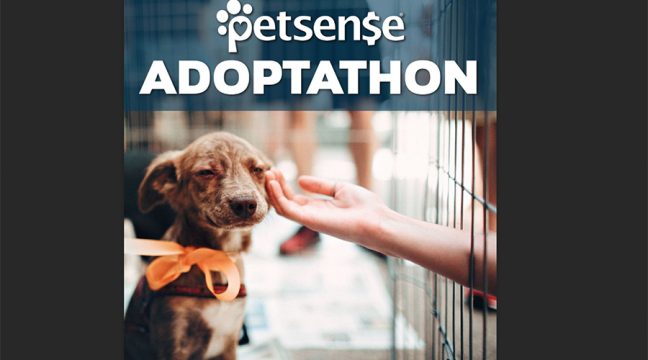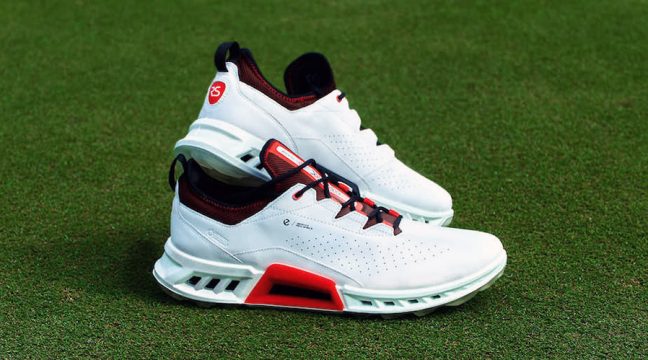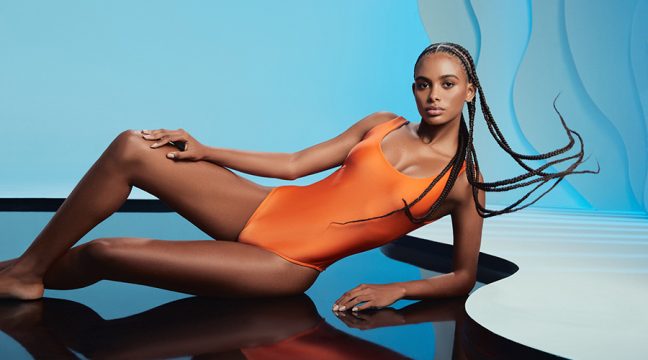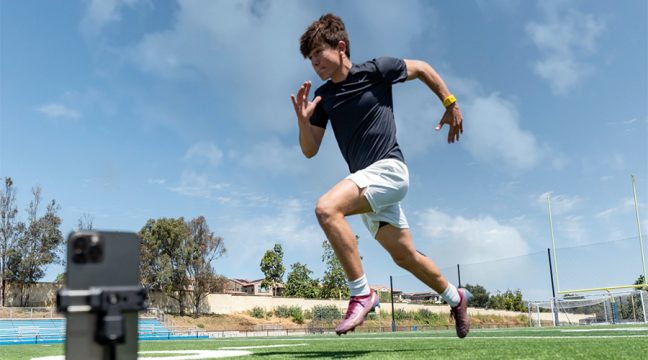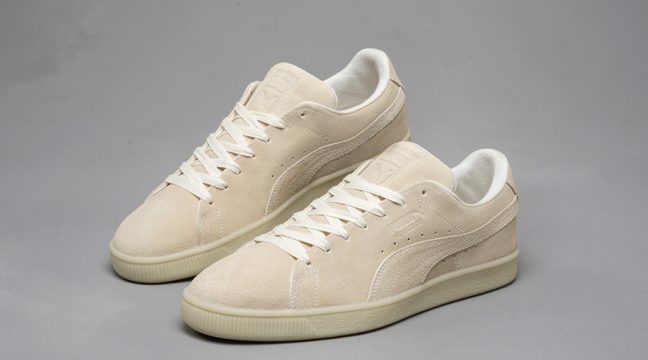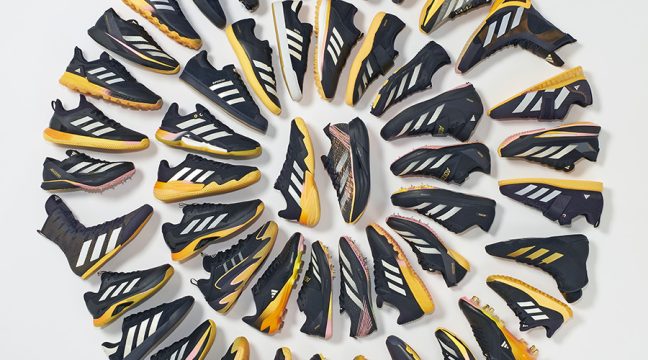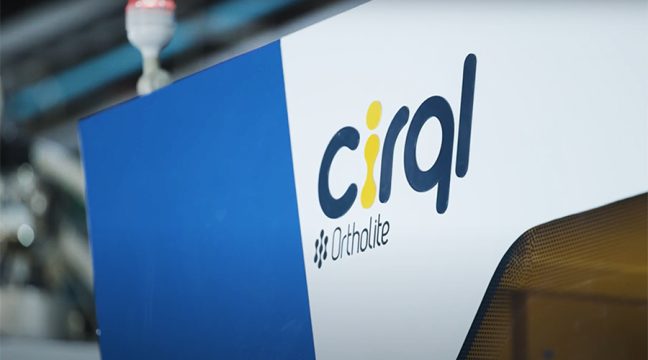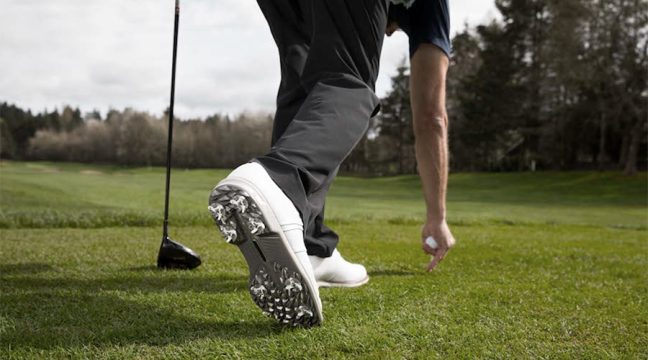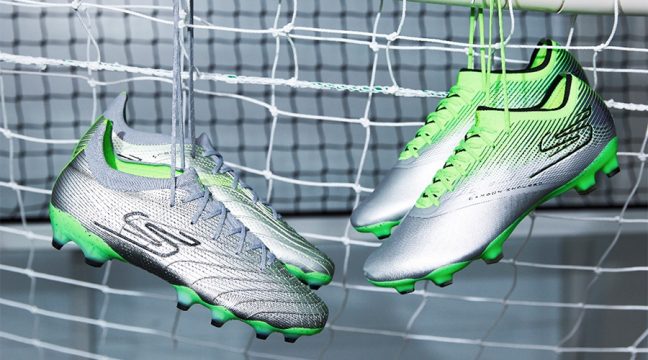President of Fanatics Branded portfolio sees selling opportunities as micro-moments.
By Jahla Seppanen
Born in Cape Town, South Africa, Raphael Peck was the youngest of five — all avid sports fans. He played a range of colonial sports during high school (tennis, rugby, cricket) but told SGB, “I was never the superstar on the team, but I was often a leader.” Rugby and soccer were his first passions, then came competitive tennis, marathons and ultra marathons.
Growing up, his father was the exclusive licensee in South Africa for Adidas and Nike, and the first manufacturer to bring the swoosh to that area of the world. Peck and his siblings were raised with an understanding of how to manufacture and design product.
“You don’t really go to school to get trained in being great in sports licensing and branding,” Peck said. Still, he immigrated to the U.S. as a student and dove into becoming a multi-faceted general manager. This is when Peck became a die-hard San Diego Chargers and Los Angeles Lakers fan, which helped direct his path in the active lifestyle industry. “I said to myself, ‘This is what I love and what I know. The learning curve for me coming out of school was much shorter. To an extent, merchandising decisions came more naturally since I’d been around it.”
Peck’s brother became a senior textile designer with Nike’s supply chain, then was one of the first guys to help Adidas back to the U.S. He went on to lead the brand’s efforts in all of North America. Peck’s sister became a designer.
Peck himself served as product line manager at Adidas Group for three years, then as SVP of product creation and merchandising at Under Armour for eight — where he was one of the first 50 employees in the company’s history. This was in the early years of growing Under Armour, and Peck helped chaperone significant revenue growth. He then found himself at Oakley where he remained for three-plus years. “Oakley was a brand that had dated itself since the 80s,” Peck told us. He led the business back into wholesale, brought action sports into the golf space, and was part of the team that signed a then budding Rory McIlroy.
Today, Peck is leading another big gamechanger in the active-lifestyle space – online retail, serving as president of the branded portfolio at Fanatics. The team sports online retailer is the official partner to the NBA, NFL, NCAA, MLB NHL and NASCAR. SGB sat down with Peck to ask how he keeps the business thriving through attention to fandom and what he sees that the rest of us don’t.
SGB: Is the licensed sports business growing or shrinking?
RP: It seems to be consolidating. There are lots of opportunities for fewer players in the space. Plus, fans are migrating online from brick-and-mortar, forcing the industry to get a lot faster.
SGB: How did you rethink operations to keep Fanatics as the leader of this segment?
RP: Traditional business works in four cycles: spring, summer, fall, winter. We do have standard four-season drops, but for the most part, we don’t think like that. We don’t even think of team seasonality. Instead, we think in micro-moments.
SGB: What’s a micro-moment?
RP: An unpredictable event the fan wants to memorialize. It’s beautiful because you don’t know if Odell Beckham, Jr. is going to make a catch and have fans be emotionally attached to that moment. With Fanatics’ operations structure, we can activate our design team and immortalize that catch forever.
SGB: So these moments are always on a whim?
RP: In another case, Ichiro Suzuki joining the 3,000 hits club, you know it’s going to happen. But we can be ready to go within three minutes for the fan to act on that love for the game and its players.
SGB: How many of these unpredictable sports moments do you expect to happen?
RP: We project well over 500 hot-market or micro-moment placements in a year. Some are enormous wins and some are average, but since we’re vertical and can create product on demand, it means we only manufacture when the fan wants it. Half of everything we do is made to order. This also allows me to test concepts.
SGB: Fanatics is somewhat untraditional in respect to inventory. Why?
RP: Inventory is absolutely critical in sports licensing. Having a lot is not as important as the health of that inventory. Once you put out a product, it has an expiration date. The goal is to own enough inventory in an unfinished space and make sure when you do activate the army, it’s worth it.
SGB: Having 450,000 square feet of your own manufacturing space must help?
RP: That and our digital abilities, along with supply chain partners that understand our speed and rules of going to market. We’ve made a very sizable investment in digital printing, and we can quickly take our creative designs and put them into made to order. The sports license business endures through agility. We have to be fast. Therein lies your success; to change course seamlessly.
SGB: What’s the next big challenge you face?
RP: Building a brand impression and having consumers recognize us as a quality brand.
SGB: I bet you already have the answer to solving that.
RP: Part of it is developing our key brick-and-mortar partners, which we’ll get into more starting in 2017. Unique distribution options with each league will determine the models, whether in-stadium retail or our new 25,000- square-foot NBA store in New York City.
SGB: Sounds like we’ll see Fanatics get even bigger.
RP: Fanatics Branded was a very small piece of the Fanatics Incorporated’s portfolio, but we’re in a hypergrowth mode. When you grow at this speed, the goal is to keep the ship steady which, for me, is about building and adding to an incredible team. We’re looking to go out and recruit more people.
SGB: Has the Kitbag acquisition changed your business?
RP: A lot has changed. We have several divisions inside Fanatics Incorporated. Our success is intertwined. Most of all, Kitbag will help bring more EU sports — specifically soccer — into the U.S. in a more effective way. Then we can take key American sports and move them across the Atlantic.
SGB: Outside of the business, you’re a fan. What’s your most cherished piece of sports apparel?
RP: I can’t give you just one, it’s too difficult. The first is when the national South African soccer team the Springboks won the world cup after Nelson Mandela had just been released. I have a signed Francois Pienaar jersey from that game which is very near and dear to my heart. The second, I’m a die-hard Lakers and a die, die, die-hard Kobe fan. I’ve been at many of these games, and I watched him in his final. I have one Kobe jersey that he signed in front of me and gave to me personally.
I’ve been in the business more than 20 years, and I feel spoiled by all the sporting goods I have. My dream is to build my own little sports bar in my hometown and take all my signed baseballs, soccer balls and jerseys and put it in one place.
Photo courtesy Fanatics


